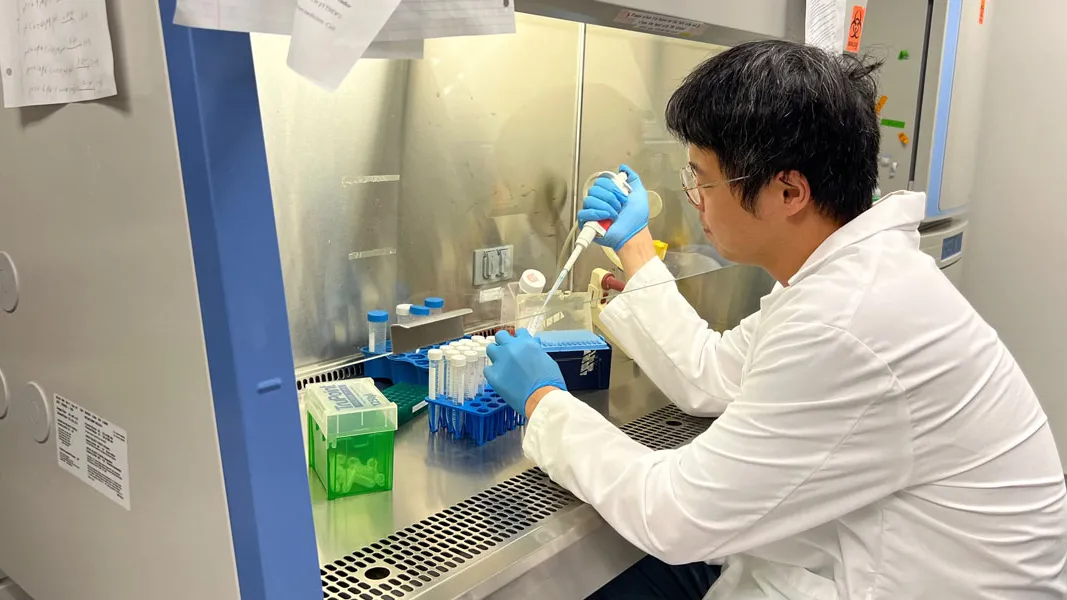
Doctor of Philosophy
Advance public health with Ohio State’s PhD program through rigorous academic training and research opportunities across critical public health disciplines. Gain expertise and make a lasting impact on public health systems and policies.
Specializations

Interdisciplinary PhD in Biostatistics
Develop your ability to create new methodologies and address applied questions in biomedical sciences and public health.

Interdisciplinary PhD in Environmental Public Health
Develop your research expertise as you learn and understand the interplay between public health and the environment, and the multidisciplinary approaches required to improve both.

Epidemiology
Become an expert as you gain the advanced knowledge required to quantify the relationship between exposure and disease, along with how intervention can reduce risk.

Health Behavior and Health Promotion
Harness applied and basic research skills that will prepare you to contribute to community and individual health and well-being.

Health Services Management and Policy
The doctoral program prepares thought leaders with a deep understanding and expertise in health care services management and policy.